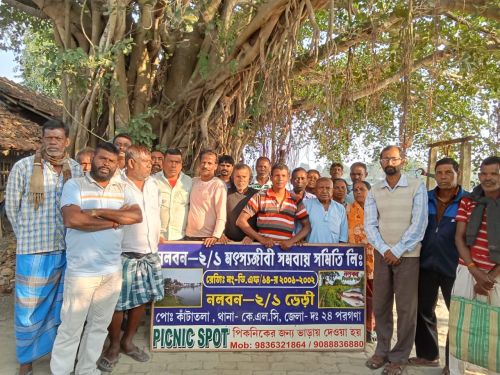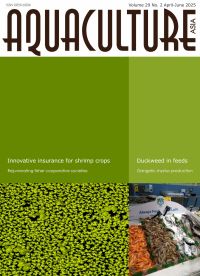Efforts to rejuvenate primary fisher cooperative societies in South 24 Parganas District, West Bengal
12 June 2025 | Subrato Ghosh | 1177 Downloads | .pdf | 4.08 MB | Freshwater finfish, Governance and Policy, India, Livelihoods, gender and social issues
This article examines recent initiatives to rejuvenate primary Fisher Cooperative Societies (FCSs) in South 24 Parganas District, West Bengal, highlighting their critical role in advancing sustainable fisheries, rural livelihoods, and social protection. It outlines the structural, administrative, and policy frameworks that support FCS operations, particularly the government’s lease-based allocation of large freshwater bodies to cooperatives. The article also reviews the election procedures conducted under the West Bengal Cooperative Societies Act to reconstitute governance in 43 active societies, ensuring compliance and eligibility for state support.
Through detailed case data and programme reports, the article documents the outcomes of targeted schemes such as input distribution for sewage-fed and large-scale fish culture, equipment provisioning, pension benefits, and capacity-building training. It emphasises the cooperative model's effectiveness in managing natural resources, strengthening community self-governance, and enhancing productivity. With a focus on practical reforms and institutional accountability, the South 24 Parganas experience offers insights into scaling cooperative-led fisheries development in similar socio-ecological contexts.
Creative Commons Attribution.

